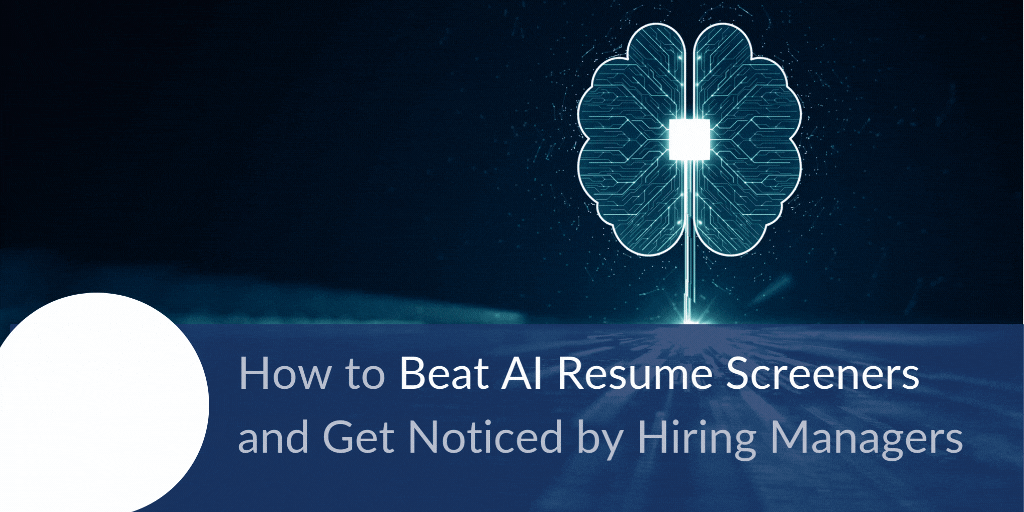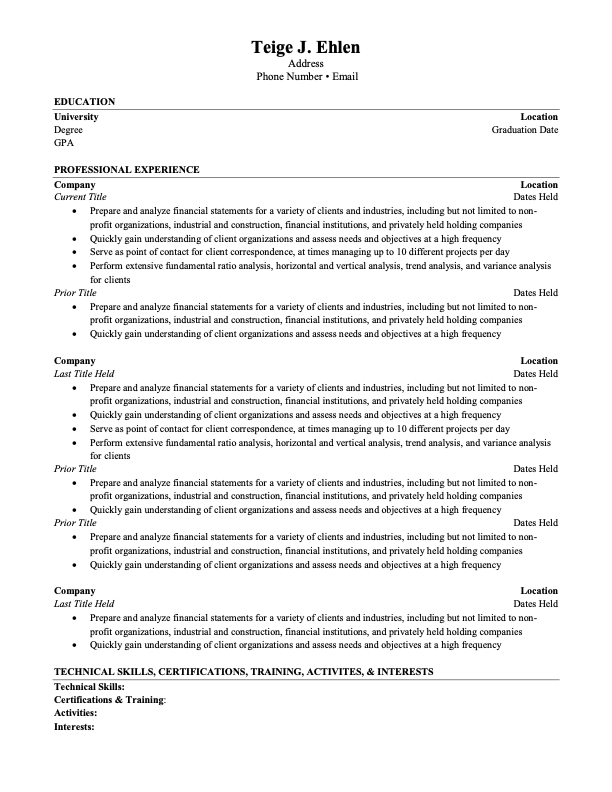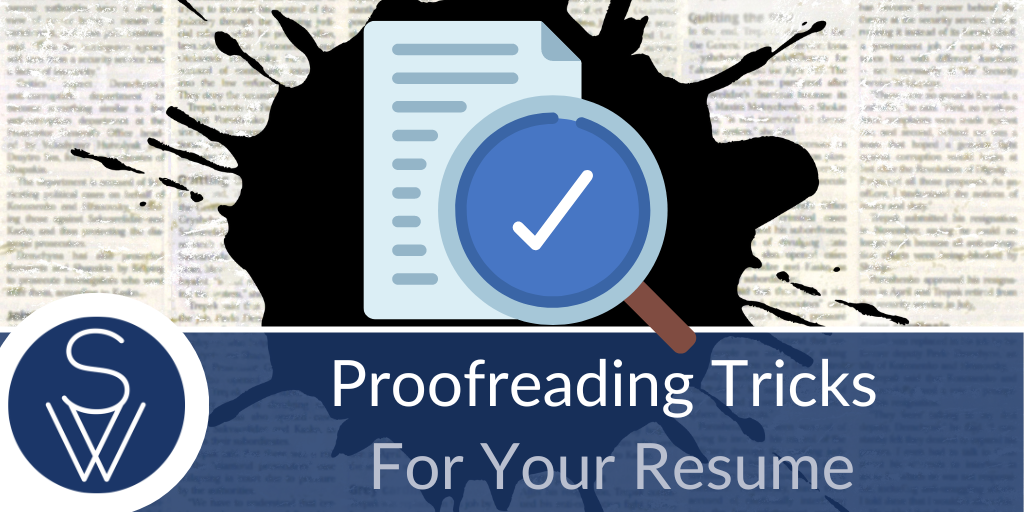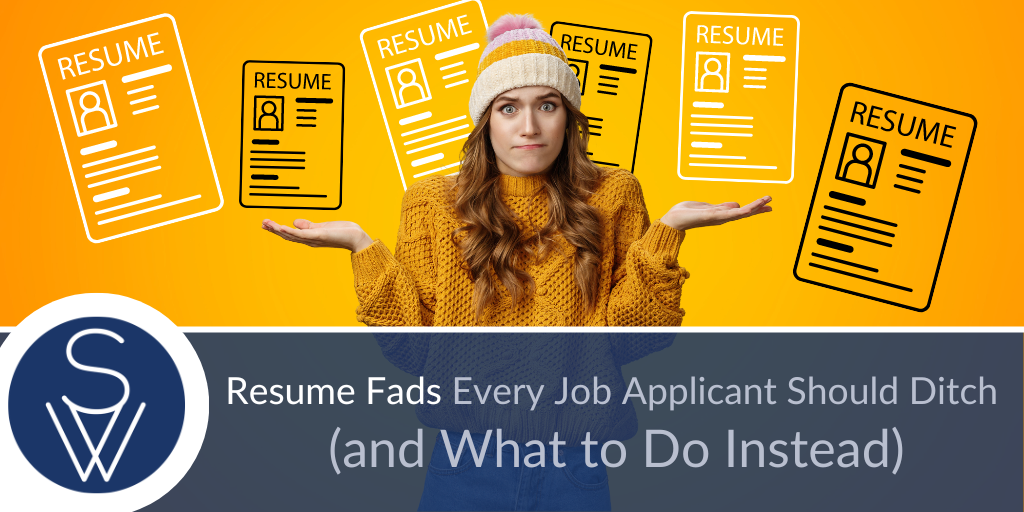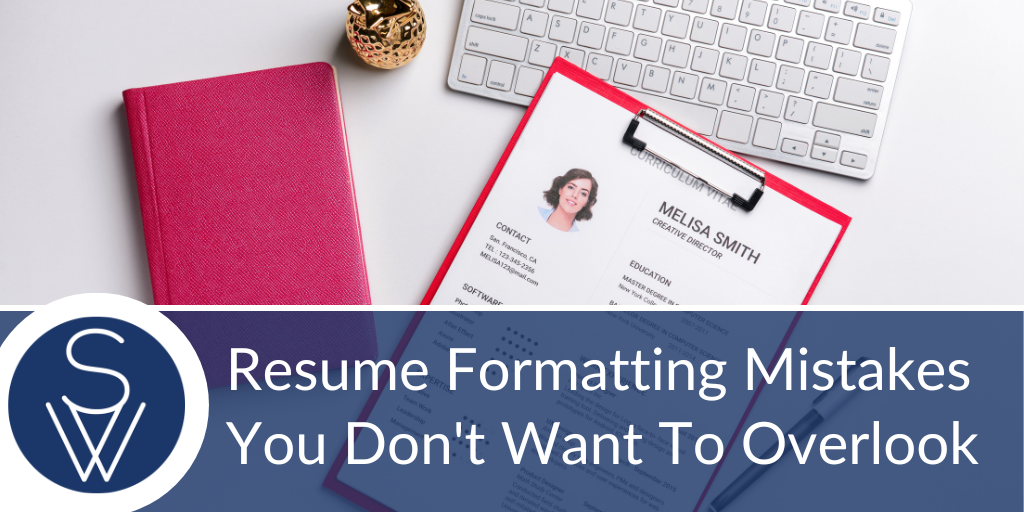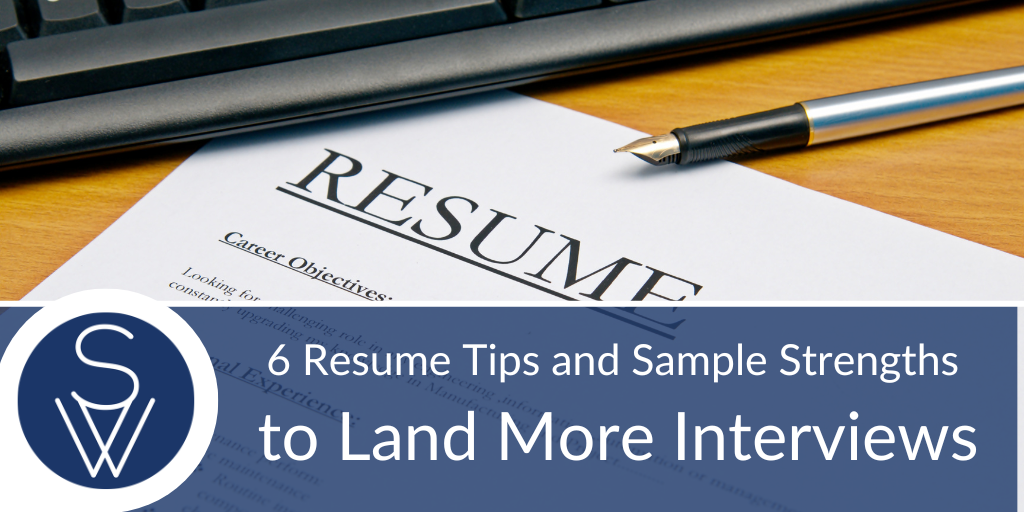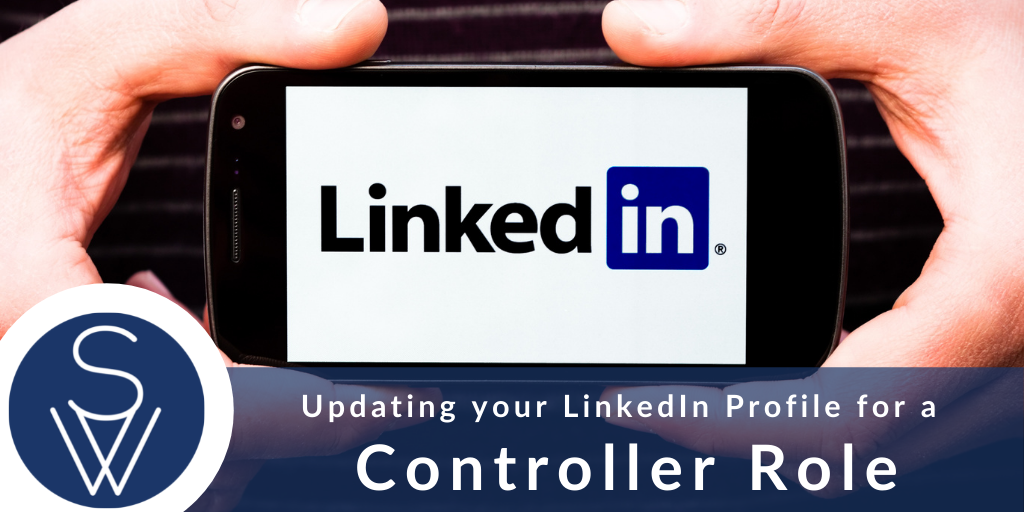If you’ve ever applied for a job only to hear nothing back, you’re not alone. Many candidates don’t realize that their resumes might not even reach a human recruiter. Instead, they get filtered out by Applicant Tracking Systems (ATS). In some cases, these systems rely on AI-powered software that scans, sorts, and ranks applications before recruiters or hiring managers ever see them.
How to Beat AI Resume Screeners and Get Noticed by Hiring Managers
I've looked at thousands of resumes since I joined SkyWater in 2022. Only one template consistently stands out as the best. I've also got great news: you don't need to hire a resume writer to get it. I'll share this resume template with you, share why recruiters like me love it, and give you some tips on how to make it your own.
“Don’t quit your job until you’ve lined up a new one.”
How many times have you heard that little chestnut? (In full disclosure, it’s advice I routinely dispense myself.) But like all good rules, this one has some important exceptions. When you’re trapped in a toxic job, the path to “something better” can be a steep, rocky, exhausting – and increasingly treacherous – climb.
If you’re stuck there now, you simply may not have the luxury, mental energy, or emotional wherewithal to launch a winning job search. More importantly, though, is this little fact that’s too often overlooked in the heat of the moment: you might not be in the best head space to know what your next job should be. Figuring th
at out requires time, introspection, and, ideally, a little healthy distance.
Proofreading Tricks to Take Your Resume from Basic to Breakthrough
A well-crafted, error-free resume is more than a nice-to-have; it's a strategic marketing tool for job seekers. It’s the first impression you’ll create with executive recruiters and hiring managers each of whom will rarely spend more than a few seconds scanning it before deciding whether to toss it in the Yes, No, or Maybe pile.
Resume Fads Every Job Applicant Should Ditch (and What to Do Instead)
A well-crafted resume can be a job applicant’s powerful early advocate to employers and executive recruiters. More than a list of job titles and educational achievements, your resume must be carefully curated to make the first cut of the employer's Applicant Tracking System (ATS) and then catch the attention of hiring managers, headhunters, and human resources professionals. When written well, it showcases you, putting a spotlight on your most relevant qualifications and the value you bring, persuasively driving a narrative about how well your abilities align with the job for which you're applying. Wield it smartly and your resume can dramatically increase your chances of landing an interview and, ultimately, the job.
Resume Formatting Mistakes You Don't Want To Overlook
As an executive recruiter, I see 100s of resumes a month. I understand that, especially in a candidate's market, some job seekers may not feel that they need to take the time to proofread their resumes and check for formatting mistakes. However, submitting a resume that isn't formatted well is a sloppy move, and doesn't put your best foot forward.
Congratulations, you’ve been invited for an interview! That means the employer has seen something in your resume that matches the requirements of the job you’ve applied for. The next step is to build on that initial impression during your interview. Attending your first interview can be a nerve-wracking experience, so we’ve put together our five golden rules to help reduce your anxiety levels:
6 Resume Tips and Sample Strengths to Land More Interviews
A successful job search is all about nailing the interview. But you’ll never have the opportunity to do that if your resume can’t pass the automated screeners – and dazzle the human ones.
A Guide To Updating Your LinkedIn Profile For A Controller Role
As an executive recruiter in the Accounting and Finance space, one of the roles I most often partner with employers to fill is the role of Controller. As a CPA myself, I'm no stranger to updating my own LinkedIn profile to attract the attention of a hiring manager in this space. More importantly, I've partnered with dozens of companies throughout the midwest to help them find and vet top talent, with the goal of finding the perfect fit for their vacant Controller role.
You’ve just gotten word about a great job at a company you admire and, from everything you’ve seen so far, it’s perfect for you. Next step: submit your application, resume and cover letter. Next step after that: sink into a state of fear and paralysis. Why? Because, not long ago, your career hit an ugly little speed bump. You were demoted. And while the personal pain of that event has started to subside, you worry that it has put a permanent stain on your resume – and your career aspirations. As an executive recruiter, I am often struck by how highly competent professionals can remain haunted by a past demotion. While no one can whip out a magic eraser and undo what has happened, I can offer you something better. I can tell you what works. Here is a realistic strategy for dealing with a demotion on your resume, in five simple steps.

